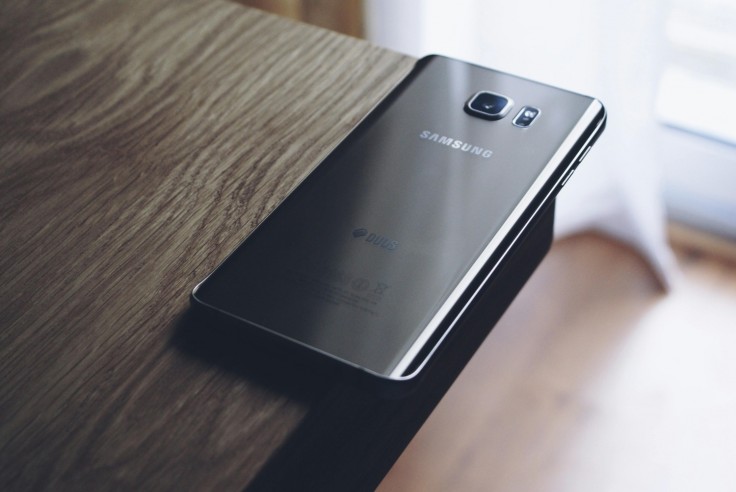
Owners of older Galaxy phones will no longer be able to receive updates or new features for their cherished Health app on handsets running Android 9.0 or earlier, according to a statement from Samsung. On June 24, the Samsung Health app's version 6.27 went live, affecting several models, including the Galaxy S8 and Note 8.
Legacy Devices No Longer Supported
Users are advised to update to Android 10 or higher in order to continue receiving support and new features. The announcement, found in a system message uncovered by AssembleDebug for Android Authority, reads as follows: "Please be advised that from 24/6/2024, Samsung Health (v6.27) will no longer be available on devices running Android OS 9.0, or lower."
As the original fitness and health application of Samsung, which was introduced as S Health in 2012, Samsung Health has consistently remained a standard wellness product of the company. It means that as the program evolves, older devices are slowly excluded from the support list.
This is not the first action of that kind in Samsung's history. The smartphone giant ceased to update the app for Android Marshmallow and Nougat in 2021; in using the app, the customer must be on Android 8.0 Oreo or higher.
Limited Functionality for Older Versions
For users of affected devices, Samsung Health will still be operational, but with significant limitations. The system message notes, "You may still use Samsung Health, without upgrading Android OS, but will only be able to use limited services and features without further support." This implies that customers will lose out on new features and important bug patches, even if the app won't stop functioning entirely on older devices.
Android 10 has been changed as the minimum operating system requirement, according to an APK deconstruction of the most recent Samsung Health version.
By contrast, older versions of the app list Android 8.0 Oreo or higher. This shift leaves owners of older models like the Galaxy S8 and Note 8, as well as certain A and J series devices, in a position where they need to either stick with an outdated version of the app or upgrade to a newer device.
Read Also : Google's Circle To Search Set To Introduce Enhanced Barcode And QR Code Scanning Feature
A Push Towards Modernization
This modification highlights Samsung's larger efforts to modernize and improve the experience of using newer smartphones. The lack of support for Samsung Health could be a major incentive for customers to update their phones, since it is necessary for pairing and managing wearables and fitness accessories-even those manufactured by companies other than Samsung.
The impact on users who still rely on older devices is significant. A significant proportion of the audience remains quite satisfied with their Galaxy S8 and Note 8 phones, considering them solid and practical. However, as the gap between the new and old technology widens, supporting these devices tends to pose a problem for firms such as Samsung.
Samsung is not unique in this case because the policy of supporting old frameworks is already present in the modern tech industry as unsustainable. This change will impact some users in a slight negative manner, but this move also intends on giving users on newer devices a better, safer, and more feature filled experience. Thus, depending on the developments in Samsung Health, users are recommended to update the application and hardware to benefit from the app features.
Related Article : Apple Introduces Smart Crossfade Feature For Seamless Apple Music Transitions In IOS 18
© Copyright 2025 Mobile & Apps, All rights reserved. Do not reproduce without permission.

















